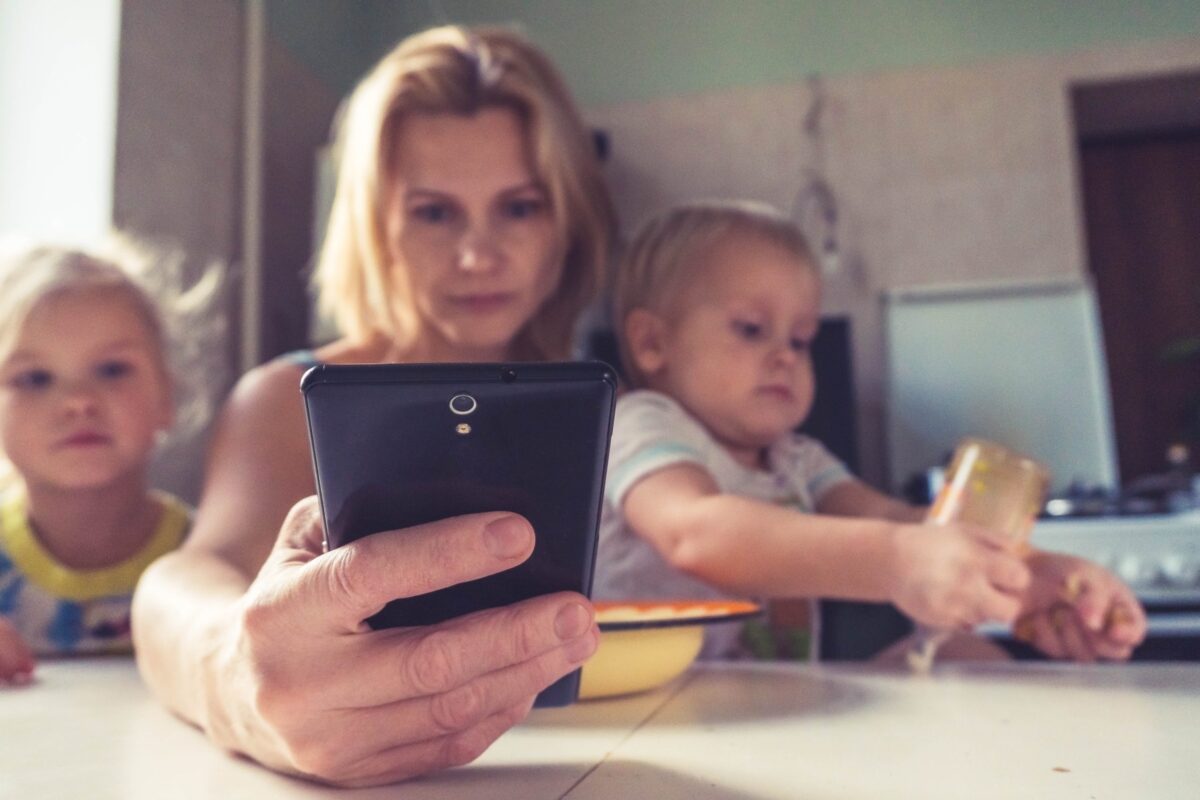
When Sally met Frank she discovered her style of writing and began seamlessly blending fact with fiction…or fiction with fact…you be the judge. So, if you relish suspense thrillers with a tinge of conspiracy you will enjoy Sally Fernandez’ novels. Readers have said she pens riveting plots of intrigue and political awakening.
But she wasn’t always twisting facts with fiction. Heavily endowed with skills acquired in banking she embarked on her writing career. Fernandez’ focus on computer technology, business consulting, and project management, enhanced by business and technical writing proved to be a boon. Her books of fiction also reflect the knowledge garnered from her business experiences, while living in New York City, San Francisco, Hong Kong, and Florence, Italy.
Fernandez’ foray into writing fiction officially began in 2007 when the presidential election cycle was in full swing. The overwhelming political spin by the media compelled her to question the frightening possibilities the political scene could generate. As a confirmed political junkie, she took to the keyboard armed with unwinding events and discovered a new and exciting career.
The Beekeeper’s Secret, the latest release with multiple five-star reviews, is the sixth novel and the second in the Max Ford Mystery Thriller series. It is preceded by the Award-Winning Climatized, soon to be a major motion picture, featuring Maxine Ford as the female protagonist. Fernandez’ prior Simon Hall Political series is comprised of Brotherhood Beyond the Yard, Noble’s Quest, The Ultimate Revenge and Redemption. Each book provides an exhilarating platform for the next, with a gripping narrative that challenges the reader to put the book down. The development of the other characters has created a lasting bond between them and the reader, especially now that Max has taken center stage.
A world traveler, Fernandez has visited every continent and over fifty countries. Her adventure travels with her husband, also the content editor-in-residence, include a scientific expedition in Antarctica, four African safaris, archaeological digs in Majorca and Peru, along with high-altitude treks in Bhutan, Tibet, and Mongolia. They continue to travel extensively throughout the world. I had a chance to come up with this prolific writer on her thoughts on Climate change as her bestselling novels, this is what she shared up with me.
Climate Change is a major element in the plotline of your new bestselling book Climatized (Max Ford Thriller Book 1) and it evolved in a very unexpected way, can you talk a bit about this and why you made this choice when writing this rather thrilling read?
In my earlier series, Simon Hall Political Thrillers, I touched on the issue of Agenda 21, a non-binding treaty that was developed in conjunction with the United Nations. It dealt with sustainable development which encompassed global warming, cheered on by Al Gore. I had questions about the validity of the statements that were being bandied and I ended up following the money. Not a pretty picture, but you must read my novel The Ultimate Revenge to come to that conclusion!
Then in 2015, the term Global Warming had morphed into Climate Change, reportedly a phenomenon that cannot be challenged. The topic was still front and center, in fact, it was so hot that it was left out of the dining room along with religion and politics. So when I decided to create a new series to give my Maxine Ford character a stage of her own, I took a different tack and began to follow the science.
What was fascinating about the project is that I incorporated real scientists into my storyline. Unlike my previous novels, I paired up my fictional characters with real organizations and real-life experts. So after the manuscript was completed, I set out to contact the various scientists to explain what I had done. One of my experts was Dr. Hal Doiron, Chairman of The Right Climate Stuff research team comprised of former Apollo astronauts, scientists, and engineers. Hal and other members of his research team, especially Tom Wysmuller agreed to review the manuscript. Needless to say, I was thrilled at their willingness to read and fact-check. It turned out to be a remarkable collaboration. From their meticulous details, explanations, suggestions, and corrections, it was clear they had devoted the time and interest to read the manuscript thoroughly. Hal’s review of the book was so eloquent that it became the Foreword.
This collaboration offered me an opportunity to speak to a group of NASA veterans at the Johnson Space Center in Houston. I remember I opened my talk by saying that giving a presentation is not rocket science, but imparting information to a group of rocket scientists was quite daunting. However, once I got over my two seconds of stage fright, I was warmly received as they listened intently to my explanation of the misnomers of anthropogenic global warming. Sadly, both Hal and Tom have recently passed away, but their memory lives on in Climatized.
The Beekeeper’s Secret, the second book in the Max Ford series, is truly one of your breakout books. Maxine Ford, the protagonist, goes on a thrilling adventure, coming up against Big PhRMA and the FDA during her investigation. She is also on a quest to find the Beekeeper. Why did you choose to have a beekeeper be a pivotal character in this story? What inspired you to create this compelling and enthralling storyline – and add Big PhRMA and the FDA into the mix. Clearly, it was a brilliant and perhaps prophetic choice given the current pandemic.
My publisher, David Dunham, who also sadly died a few years ago, inspired the original concept for my storyline. In David’s fight against pancreatic cancer, he decided to turn to holistic medicine. And while he researched various remedies, he discovered some disturbing events. There were reports through various sources that many holistic doctors had met their untimely, and in many cases, suspicious deaths. Several of the practitioners also had run-ins with the FDA. Through my sleuthing, I discovered that in 2015, at the time I was writing the book, taxpayers funded the FDA with $331.6 million. During that same year, Big PhRMA funded the FDA with $791.1 million, which means 71% of the FDA’s funding comes from Big PhRMA. That of course begs the question, who is really in charge? I crawled into the weeds a little further and discovered that in 2017 radiation and chemotherapy drugs produced $100 billion in revenues annually with predicted profits to increase 8% each year going forward. My conspiratorial mind kicked into gear as I began to see how Alternative Medicine could pose a threat to the pharmaceutical industry. Imagine if natural cures replaced radiation and chemotherapy.
Ah ha, the Beekeeper! Well, that was serendipity. I just happened to be reading an article in the Life Extension Magazine about the extensive benefits of bee pollen, including in the treatment of cancer. The fact that it is natural also meant it could not be regulated by the FDA.
So my story starts with a senator dying in the Amazon jungle and a beekeeper meeting his death 4000 thousand miles away in New Mexico. And yes, a bee has something to do with it, but that is The Beekeeper’s Secret, so I can’t tell you. However, somewhere along the way, I did invent a cure for cancer.
You are an avid traveler, so I have to ask you, what was your favorite travel adventure, and conversely what was your most challenging one? Also, do your travels end up in your books?
For me, favorite and challenging are synonymous. So, I would have to lump together my high-altitude treks in Bhutan, Tibet, and Mongolia. When you first arrive it is always important to take a few days to acclimate to the thin air. For example, when you arrive in Lhasa, Tibet you are already at approximately 11,000 feet. Ultimately, we climbed up to 25,000. All three countries are drastically different, but I most enjoyed Bhutan and Tibet because of the peaceful lifestyle of the Buddhists.
I’ve traveled to 55 countries and have lived in Asia and Europe. Thus far, only Europe has crept into my stories. In fact, in my first novel, Brotherhood Beyond the Yard, half of the plotline takes place in Florence, Italy, where I was living at the time. The Italian adventure picks up again in Noble’s Quest. And then, Max goes racing around Italy in Climatized. I’m working on my third Max Ford Thriller, The Infiltrator’s Shadow, dealing mostly with people in other parts of the world…so you can be sure China will be in there somewhere!
Climatized is being made into a major motion picture bringing Max Ford to life in a different way. If you had control over who plays Max, who would it be and why?
Max is my alter ego, my wannabee kick-ass spy within. So of course, she is intelligent, complicated, vulnerable, and lethal. My Hollywood team is currently, polishing the script and will be approaching a series of potential directors in the coming weeks. So that is the first step. But when we are ready to cast it would be awesome if we were able to get Charlize Theron. Then there is Maggie Q. And rumor has it that Gina Carano is interested. I know they are totally different. But all of them are natural beauties, and also possess some tomboyishness. My Max has to be tough and able to play with the big boys.
We heard you are planning a conference with some of the most renowned scientists and astronauts in the world giving speeches and talking about our Climate, which given the Presidential Debate was a hot topic on the agenda. I know it is a bit early to have all of the details, but would you be able to tell us a little more about the event and what others in attendance can expect?
You mentioned that Climate Change is a hot topic, and I believe it will continue to be for some time. So, I originally assembled a panel of experts to place the issue of Climate Change under the microscope and separate the rhetoric from the science. Keiser University in West Palm Beach has graciously donated its facility for the all-day event that was scheduled for March 12, 2021. Unfortunately, it was postponed due to the uncertainties of COVID-19. However, in the meantime, I established The Institute for Climate Change, a non-profit foundation with the mission to revive the practice of rigorous debate into the causes and consequences of climate change, as well as the associated costs and benefits. Also, to improve the social discourse on matters of science-based public policy, thereby facilitating the participation of a broad range of experts. I think it is most important to remind citizens of their responsibilities to evaluate, and not merely advocate, different points of view on this important topic, encouraging them to pose fundamental scientific and other questions of the experts we plan to engage.
We are incredibly honored to have amazing scientists agree to both virtual and live events in the future and hope to see Dr. William Happer, American Physicist; Larry Bell, Space Architecture; Dr. Jay Lehr, Geological Engineer, Kelvin Kemm, Nuclear Physicist, and other return to the podium. The organization is in its early stages of construction, but stay tuned for coming attractions!






















